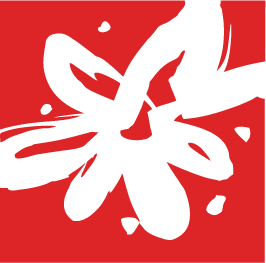Electromagnetic Touch: Radios and Community – Developing Radio Programs with Queer Histories & Storytelling
As part of the Found in Translation series funded by the PA Humanities and National Endowment for the Humanities, Fleisher Art Memorial and Asian Arts Initiative are proud to present Electromagnetic Touch: Radios and Community, a series of workshops organized by the Sound Museum Collective of Philadelphia. The Collective holds space to reconstruct our relationship to sounds by creating a platform for women, nonbinary, and trans sound artists and engineers through workshops, collaborative projects, and creative community partnerships. The seminar includes both online and in-person engagements, including a historical overview of radio history, hands-on experimentation with radio technologies, and developing radio stories through Queer perspectives.
Found in Translation is a free series of art history and critical theory workshops organized by Fleisher in partnership with several cultural institutions throughout Philadelphia. The series specifically focuses on centering BIPOC and Queer voices, reflecting a more inclusive view of the communities we work with. Found in Translation, aligned with Fleisher’s mission of making art more accessible through our education and community programs, brings these valuable perspectives to a broader public. All seminars will be provided with live Spanish interpretation.
Developing Radio Programs with Queer Histories & Storytelling
Monday, May 2, 2022, 6:30 – 8:30pm
This will be a hands-on learning opportunity where attendees will be developing skills to create quality radio programming. This workshop will cover the basics of recording good audio such as interviews and voiceovers, Public Service Announcements (PSAs) and legal IDs, Bed Music and Transitions, and the fundamentals of excellent radio content. This will also be an opportunity for participants to discuss the kind of content that they want to hear on RADIO AAI. The intention of this workshop is that the material created from participants will be broadcasted. We will also be referencing some radical historical queer programs from the past 70 years, both in order to acknowledge the amazing programming history that has come before us, and also to use their frameworks for developing our own programming templates and ideas.

 Donate
Donate
